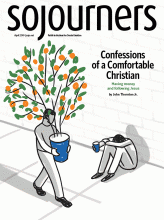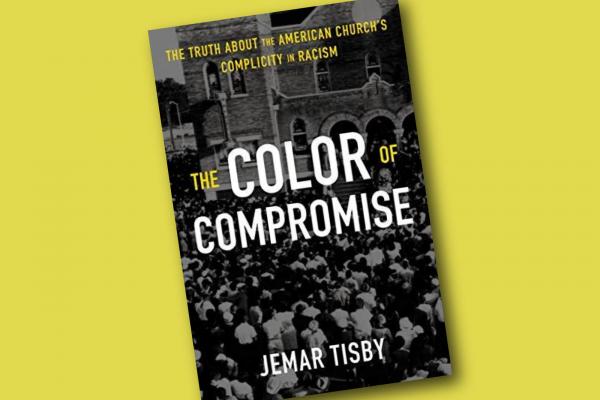A HAUNTING, emotionally charged, fact-based narrative, The Color of Compromise: The Truth about the American Church’s Complicity in Racism covers 400 years of American civil rights history. It is a withering look at the role white Protestant churches played in reinforcing institutional support of slavery and racism. Its main thesis is that moderate Christians have had the clout to rebut racism but have an abysmal record of doing so. This story is woven from a survey of biographies, memoirs, classics of history, and serious journalistic research.
White moderates, Jemar Tisby demonstrates, time and again mouthed sympathetic clichés toward the black community but inevitably supported the status quo. Probably the most iconic example Tisby gives is that of Billy Graham, one of the most prominent Protestant figures of the 1950s and 1960s.
Graham talked a good game: He publicly removed ropes segregating black churchgoers at his massive rallies. But despite these “positive” optics, Graham never participated in civil rights demonstrations. He instead insisted that civil rights was a local matter. He railed against communism, feeding into the term’s use as coded language that marked “subversive” U.S. political activity as evidence of Soviet influence. When the Watts riot broke out in Los Angeles, Graham quickly declared that “rioting, looting, and crime ... have reached the point of anarchy,” while failing to explain the profound issues that caused the rebellion.
Read the Full Article

